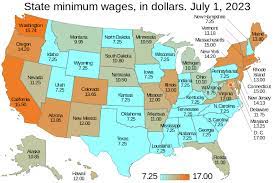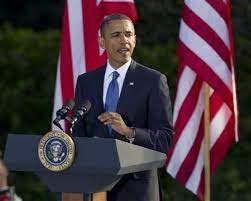On September 14, 1901, the United States was rocked by the shocking news that President William McKinley had been shot. The assassination attempt occurred the previous day, on September 6, while McKinley was attending the Pan-American Exposition in Buffalo, New York. The tragic event would have a profound impact on the nation and its political landscape.
The perpetrator of the shooting was Leon Czolgosz, an anarchist who believed in the use of violence to achieve political ends. Disguised as a well-wisher, Czolgosz approached McKinley in a receiving line and fired two shots at close range. One bullet grazed the president's sternum, while the other penetrated his abdomen.
After the shooting, McKinley initially appeared to be recovering well. However, his condition deteriorated due to an infection caused by the bullet wounds. On September 14, 1901, eight days after the assassination attempt, President McKinley succumbed to his injuries and passed away.
The nation was thrown into mourning by the loss of their president. McKinley had been a popular leader, having served as president for two terms since 1897. He was known for his efforts to promote economic growth, expand American influence abroad, and bring stability to the country. His death marked a significant turning point in American history and set the stage for major political changes.
Vice President Theodore Roosevelt, who had been serving under McKinley, assumed the presidency upon McKinley's death. Roosevelt, a dynamic and progressive leader, brought a new energy and vision to the office. His presidency would usher in a period of significant reform and progressive policies, known as the Progressive Era.
The assassination of President McKinley also had a lasting impact on the Secret Service and presidential security. At the time, the Secret Service primarily focused on investigating counterfeiting cases. However, the shooting highlighted the need for increased protection for the president and other high-ranking officials. As a result, the Secret Service's responsibilities were expanded to include presidential security, a role it continues to fulfill to this day.
The assassination of President McKinley also raised questions about the role of anarchists and political extremists in American society. It led to a crackdown on anarchist groups and a reevaluation of immigration policies. The incident fueled fears of radical ideologies and led to increased scrutiny of individuals with political beliefs deemed subversive or dangerous.
The legacy of President McKinley is one of tragedy and missed opportunities. His assassination cut short a presidency that had shown promise and stability. However, his death also served as a catalyst for change and set the stage for Theodore Roosevelt's transformative leadership.
Today, the memory of President McKinley's assassination serves as a reminder of the fragility of democracy and the importance of strong leadership. It highlights the need for robust security measures to protect the nation's leaders and the ongoing struggle to balance freedom with security.
The events of September 14, 1901, forever changed the course of American history. The loss of President McKinley marked the end of an era and the beginning of a new chapter in the nation's political landscape. The impact of his assassination can still be felt today, reminding us of the power of one fateful moment to shape the destiny of a nation.






